Law Enforcement
Law enforcement officers are often the first, and frequently the only, responders to emergency and non-emergency calls involving people with behavioral health needs. These calls can be complex and challenging to resolve, with disproportionately tragic outcomes. In many communities, law enforcement officers have neither adequate training, nor the appropriate resources, to effectively respond to people in crisis. They also too often have few options of where to take someone in crisis other than jail or the emergency department.
To respond to these challenges, the Bureau of Justice Assistance added the Connect and Protect grant track to its existing JMHCP awards to ensure that law enforcement agencies had ample opportunity to receive funding that would aid and encourage collaborations with mental health and other community providers. With the support of Connect and Protect, many law enforcement agencies are now partnering with their behavioral health counterparts to build collaborative responses that provide alternatives to arrest, increase connections to resources, reduce repeat encounters, and minimize use of force in encounters with people with mental health needs and intellectual and developmental disabilities.
Law Enforcement-Mental Health Learning Sites
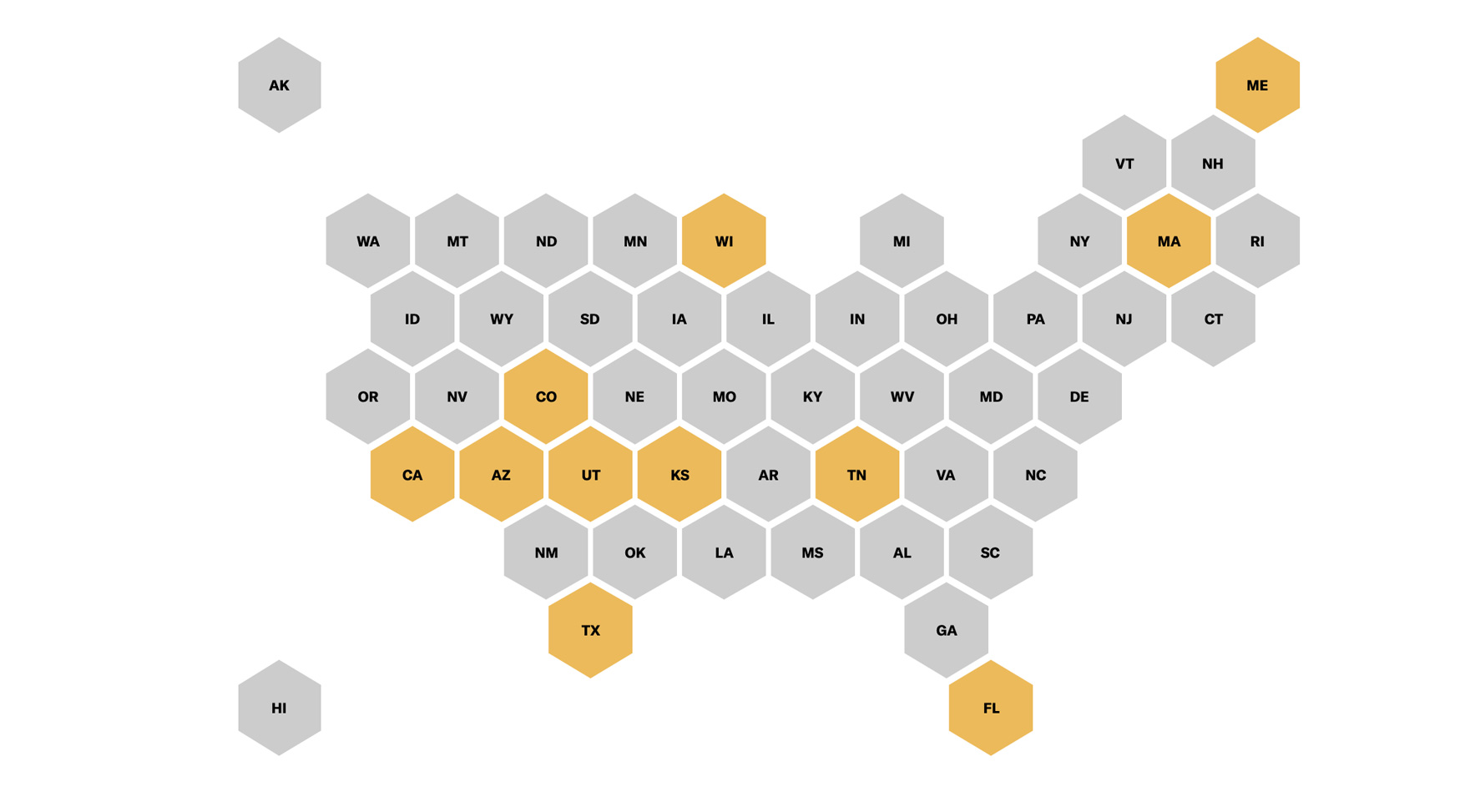
Connect and Protect Collaboration Spotlight
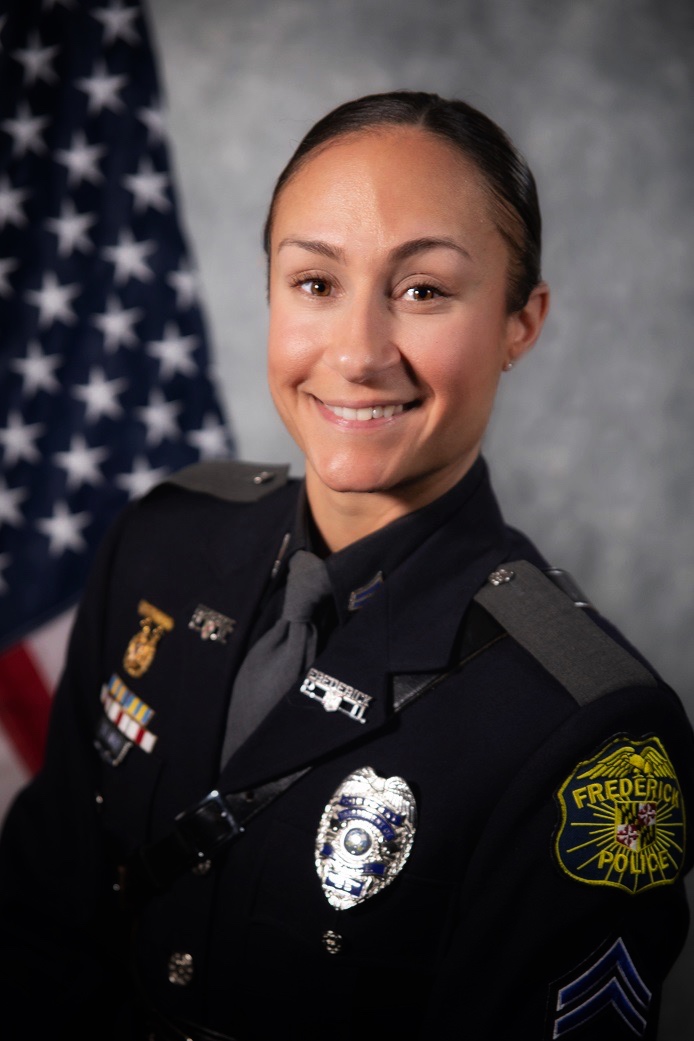
Working alongside our community organizations and mental health partners has transformed how we approach public safety. By taking a holistic approach, we can address challenges like mental health, substance use, and poverty – issues that deeply affect people’s lives and often lead to crisis situations. These partnerships allow us to connect individuals to the resources and support they need, often during their most vulnerable moments. It’s more than just reducing negative outcomes; it’s about building trust, providing real solutions, and creating a strong, resilient community.
Corporal Sara Leishear, Frederick (MD) Police Department
Selected resources
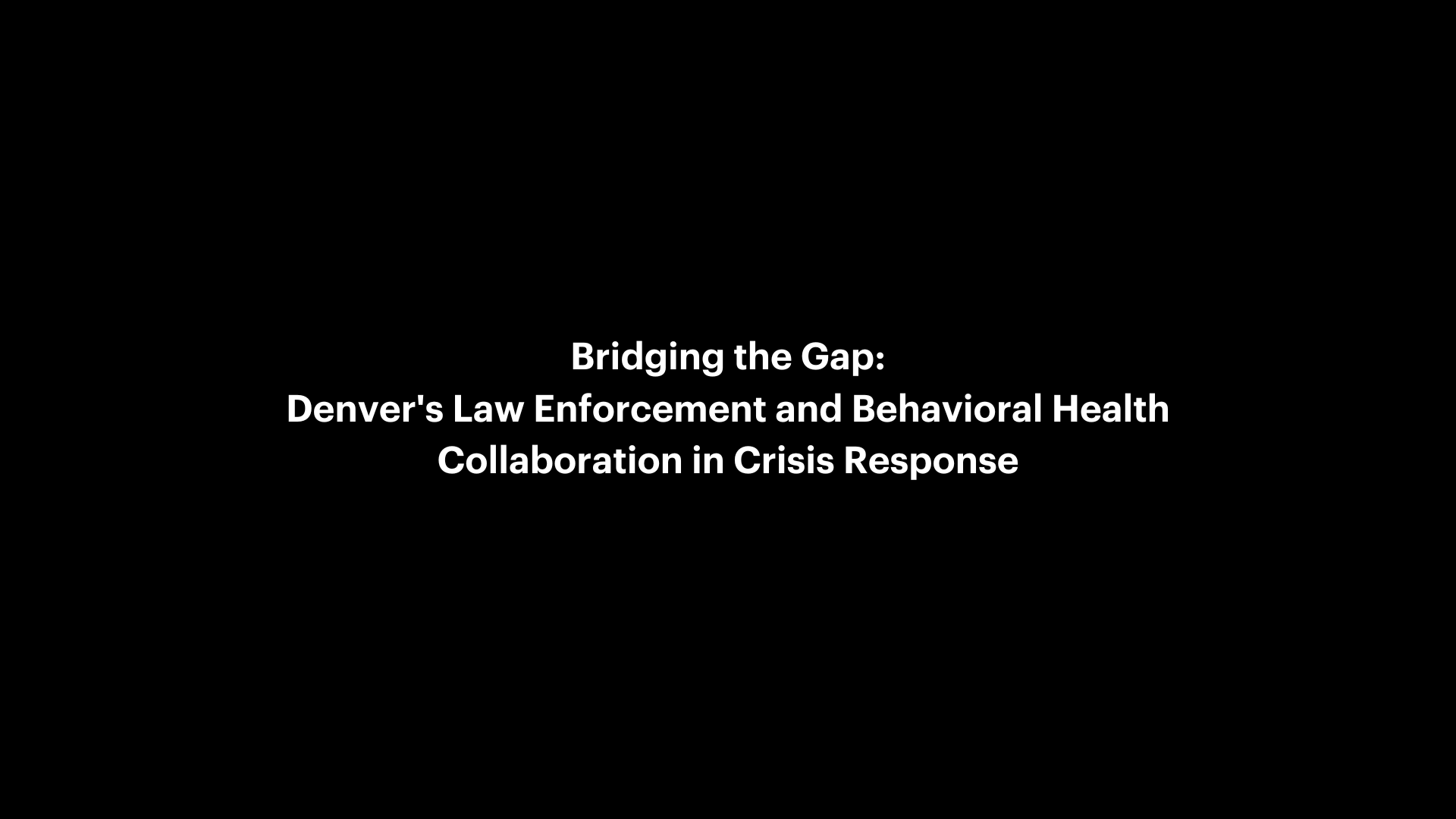
Bridging the Gap: Denver's Law Enforcement and Behavioral Health Collaboration in Crisis Response
Law enforcement
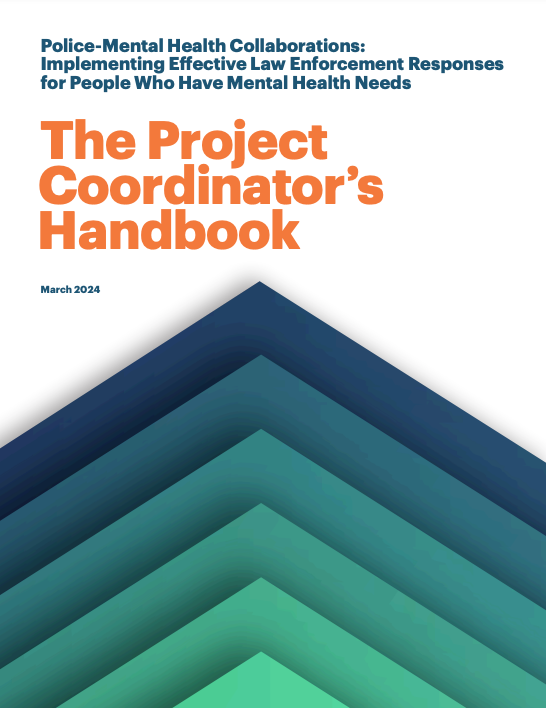
Police-Mental Health Collaborations: Implementing Effective Law Enforcement Responses for People Who Have Mental Health Needs
Law enforcement
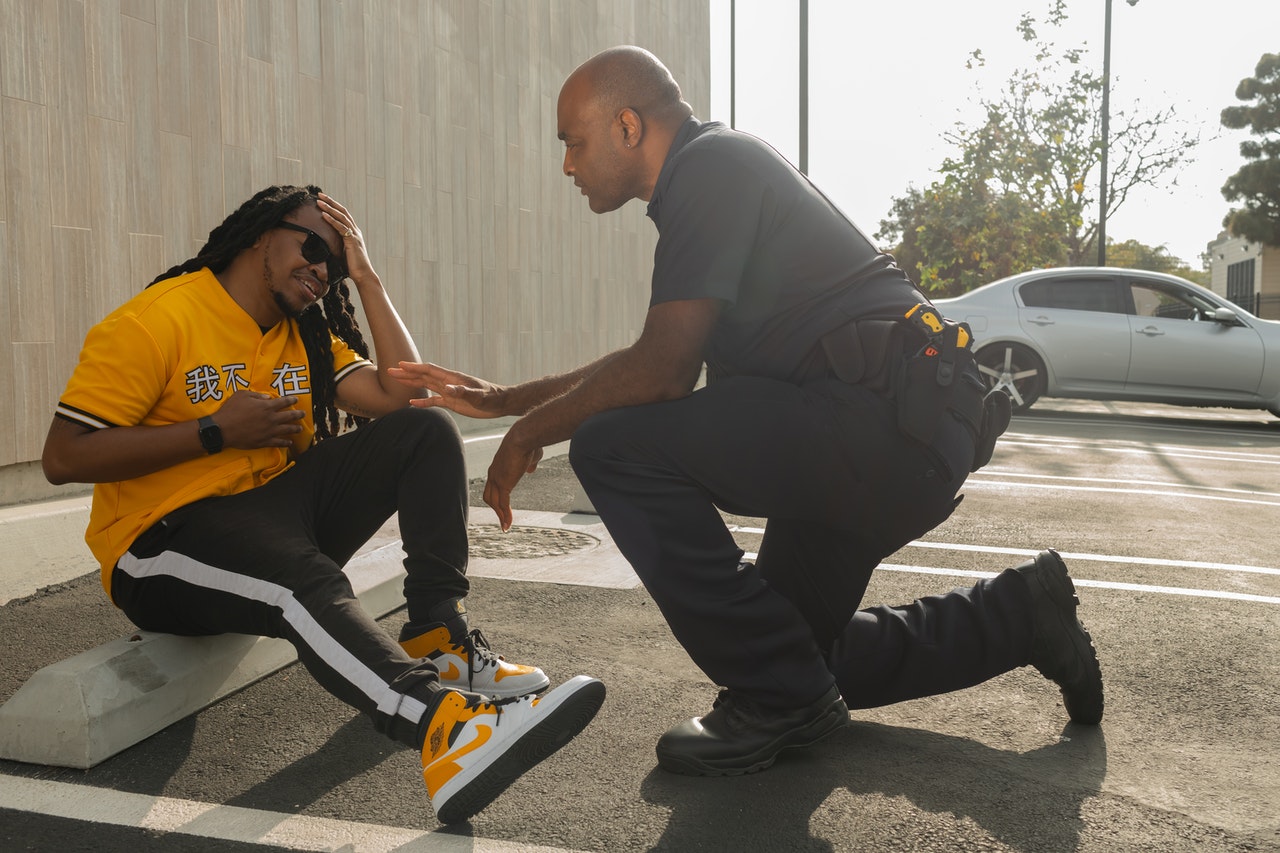
Mental Health Training: Strategies for Small and Rural Law Enforcement Agencies
Law enforcement
Key Staff

Megan Hitchman
Policy Analyst, Behavioral Health
Megan Hitchman provides technical assistance to 20 Connect and Protect grantees as a member of the law enforcement team within the Behavioral Health Division at the CSG Justice Center. Previously, Megan worked for the Southwest Texas Regional Advisory Council in San Antonio, Texas, which develops, implements, and maintains the regional trauma and emergency healthcare system for 22 counties in southwest Texas. Her role included the planning, implementation, and oversight of multi-agency behavioral health response teams and mobile integrated healthcare teams. Megan also brings vast experience and knowledge in data mining and information sharing. She has a BS in criminal justice from Tarleton State University and is licensed as an EMT in Texas.

Kendra Queen
Project Manager, Behavioral Health
Kendra Queen manages Law Enforcement-Mental Health Learning Sites and oversees the team that provides technical assistance to grantees who are developing alternative response and law enforcement diversion programs. Before joining the CSG Justice Center, Kendra worked as a project manager at the Buncombe County Sheriff’s Office, where she managed the design and implementation of key initiatives, including an early intervention system, and various strategic projects such as the Co-Response Unit and agency accreditation efforts. Kendra earned her BA and BS in fine art and sociology from Western Carolina University and her MPA from UT Arlington.
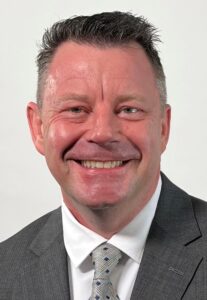
Ernest Stevens
Deputy Division Director, Behavioral Health
Ernest Stevens oversees the portfolio of work focused on improving outcomes for people experiencing behavioral health conditions and homelessness who encounter law enforcement. Ernest supports communities in adopting, implementing, and evaluating new practices. Previously, Ernest spent over 28 years in law enforcement helping develop new programs and policies for the San Antonio Police Department. He also worked as a program manager for the Southwest Texas Regional Advisory Council that oversees emergency operations for 22 counties in Texas. Ernest was featured in the Emmy Award–winning documentary Ernie and Joe: Crisis Cops. Ernest also wrote Mental Health and De-Escalation: A Guide for Law Enforcement Professionals. He earned his BS in criminal justice from Wayland Baptist University.